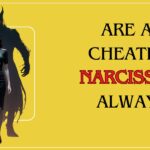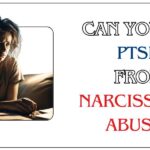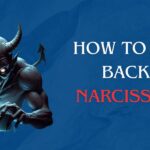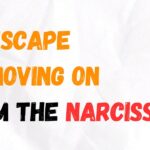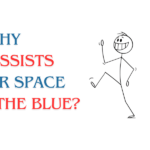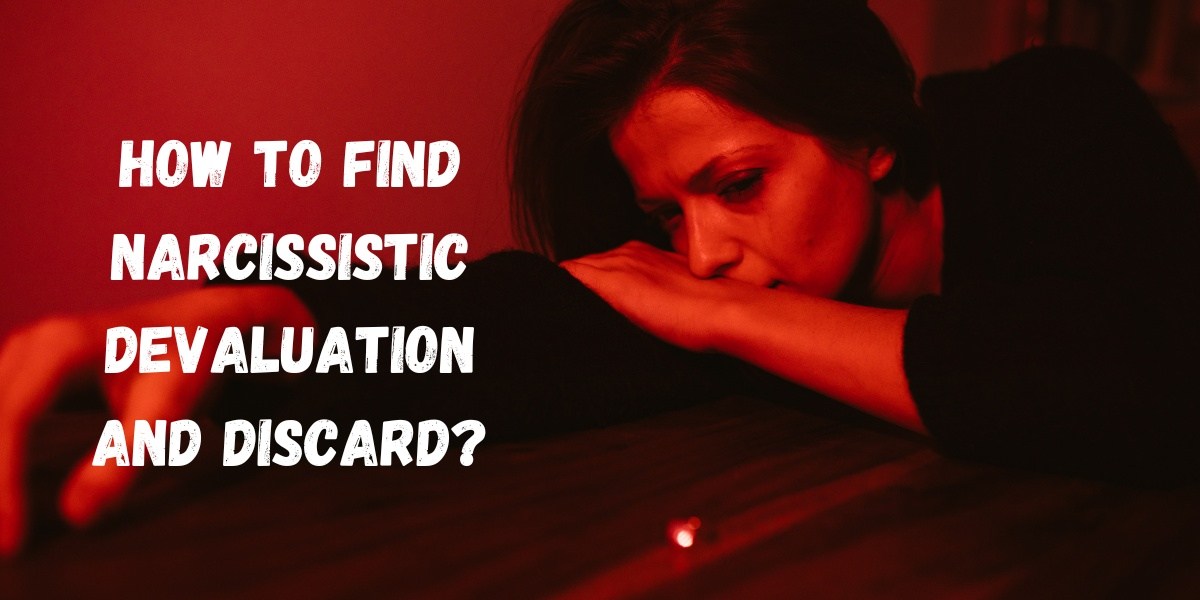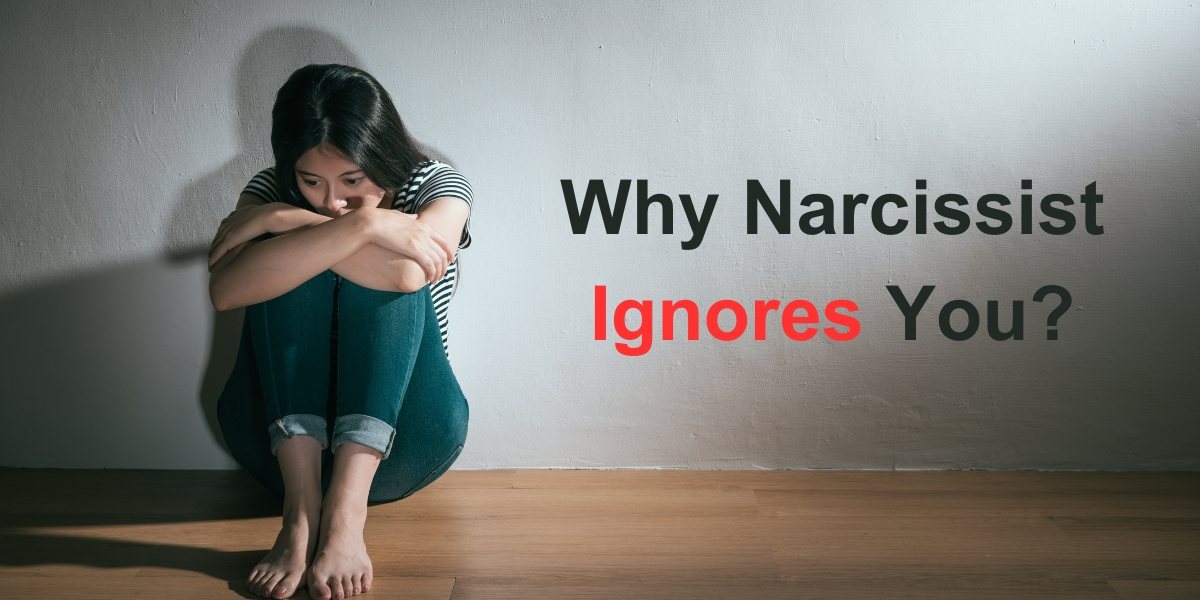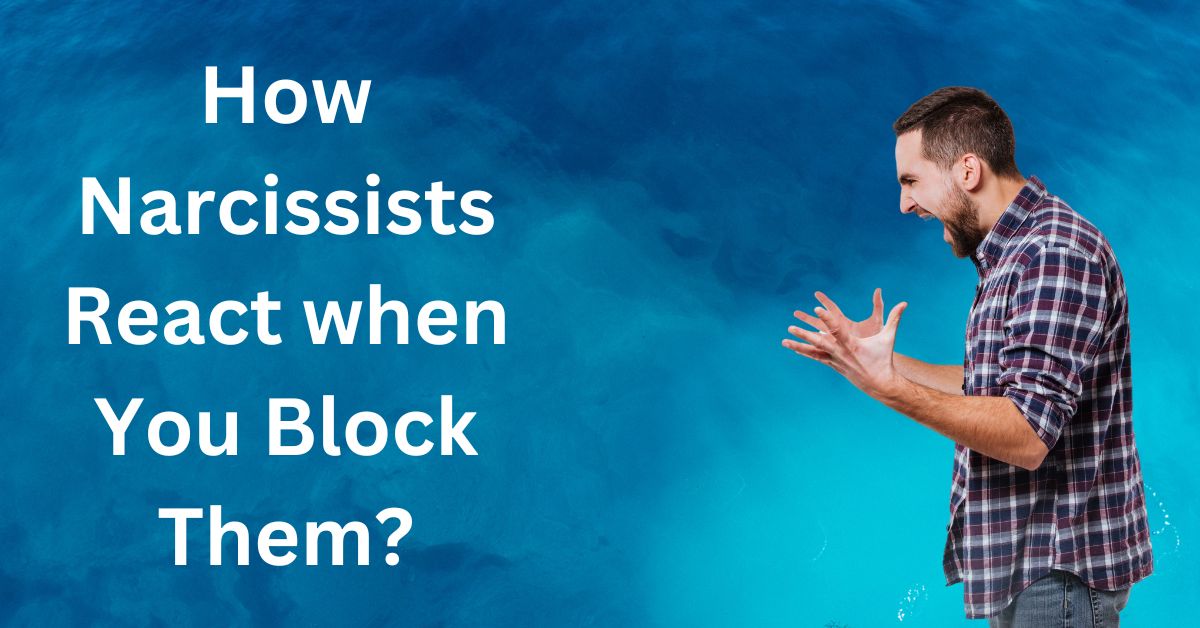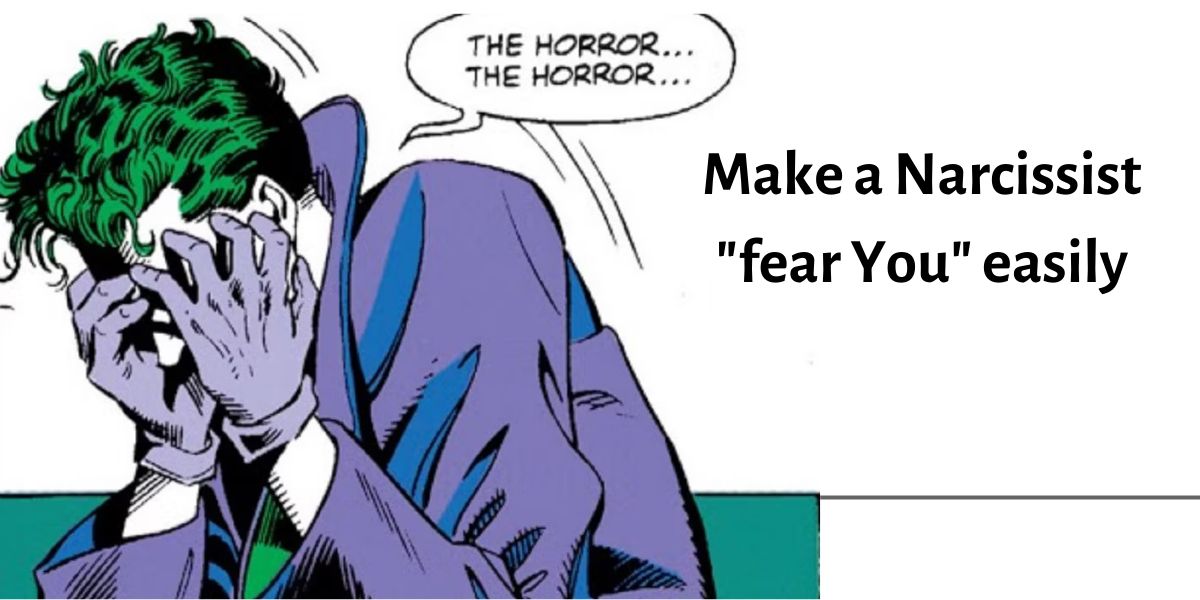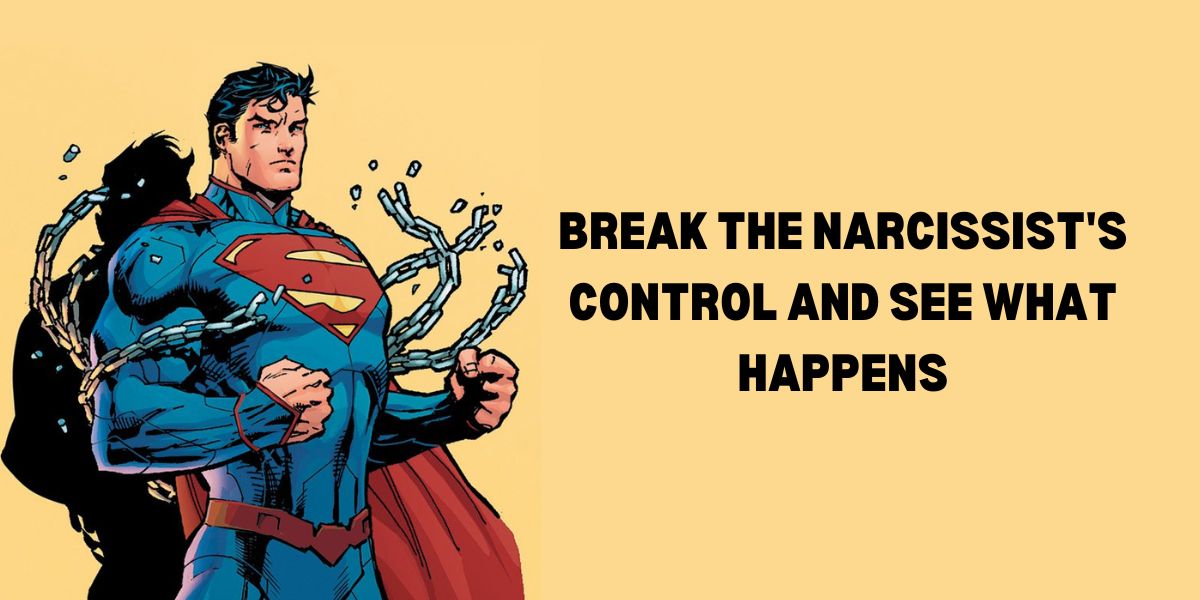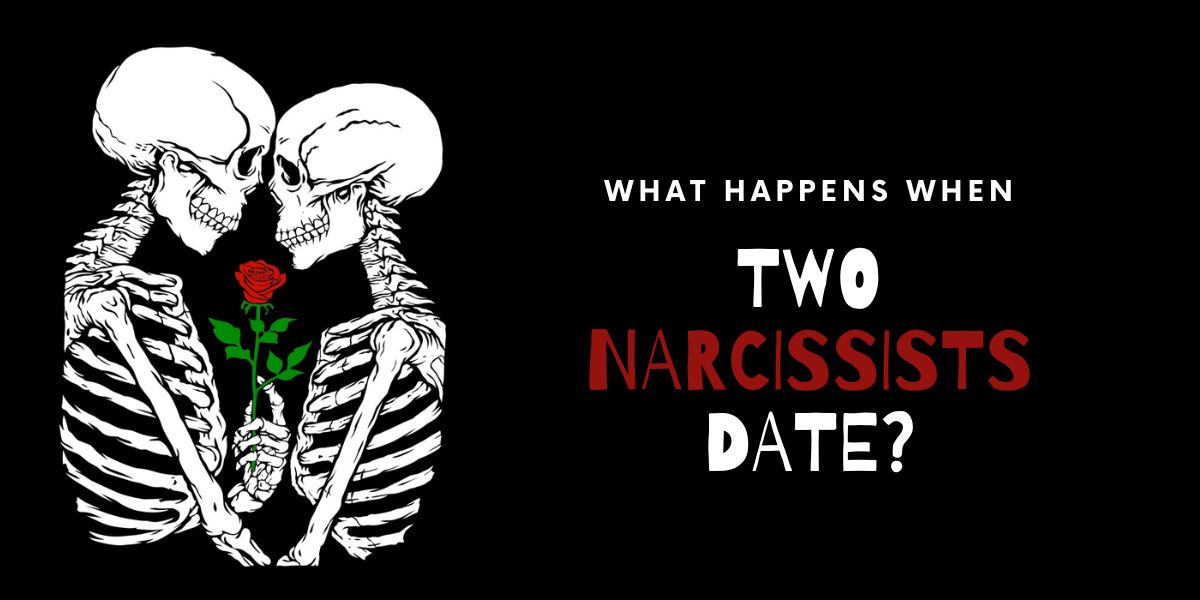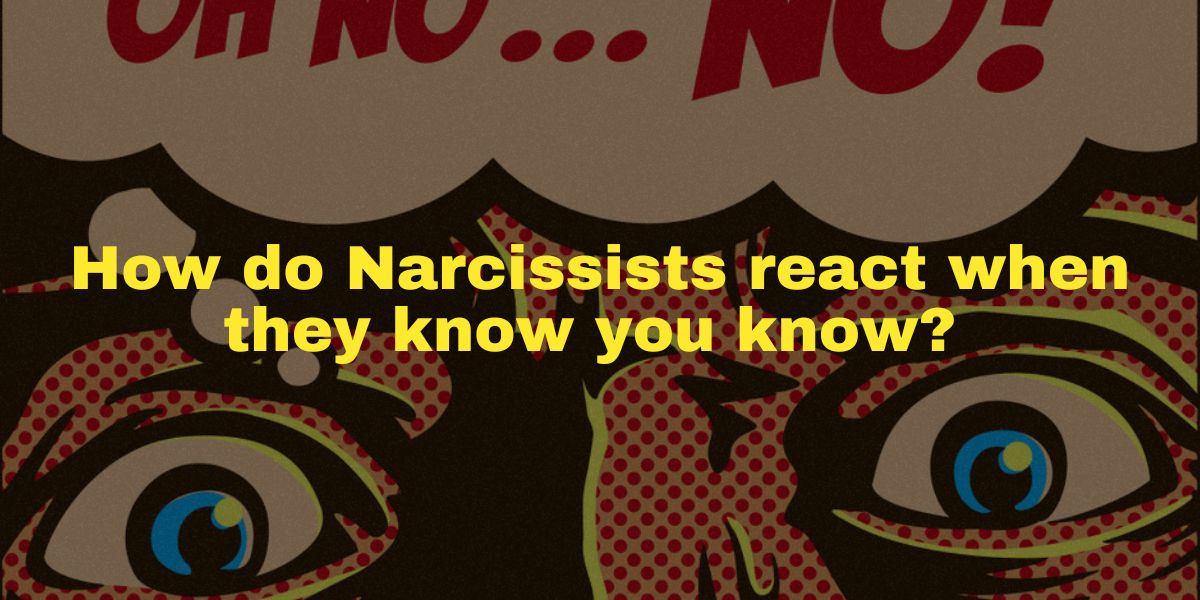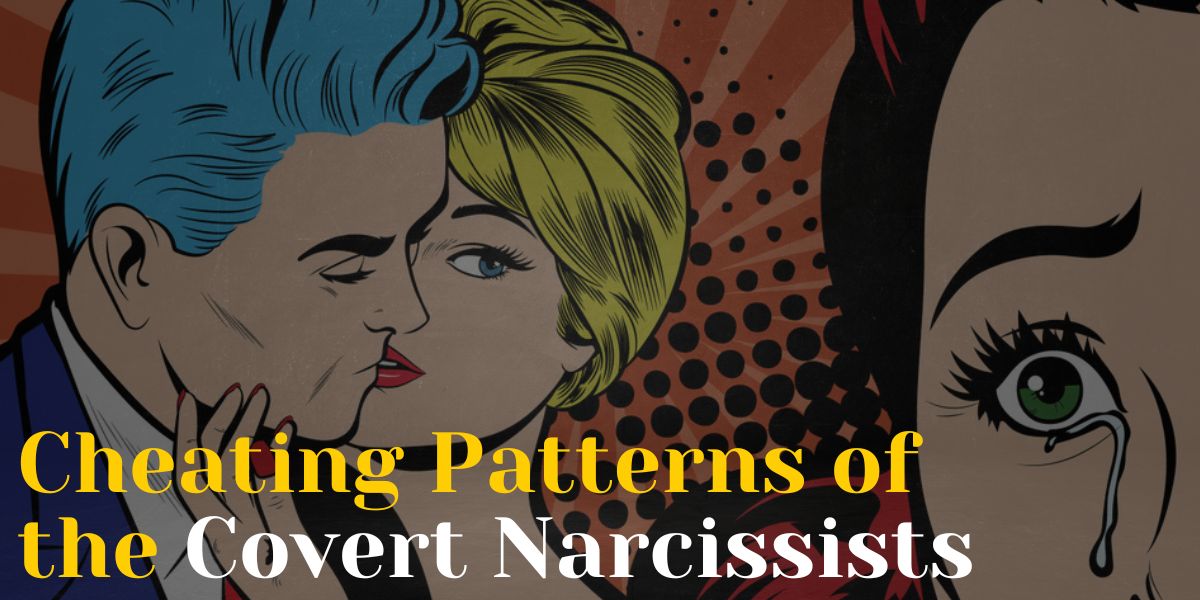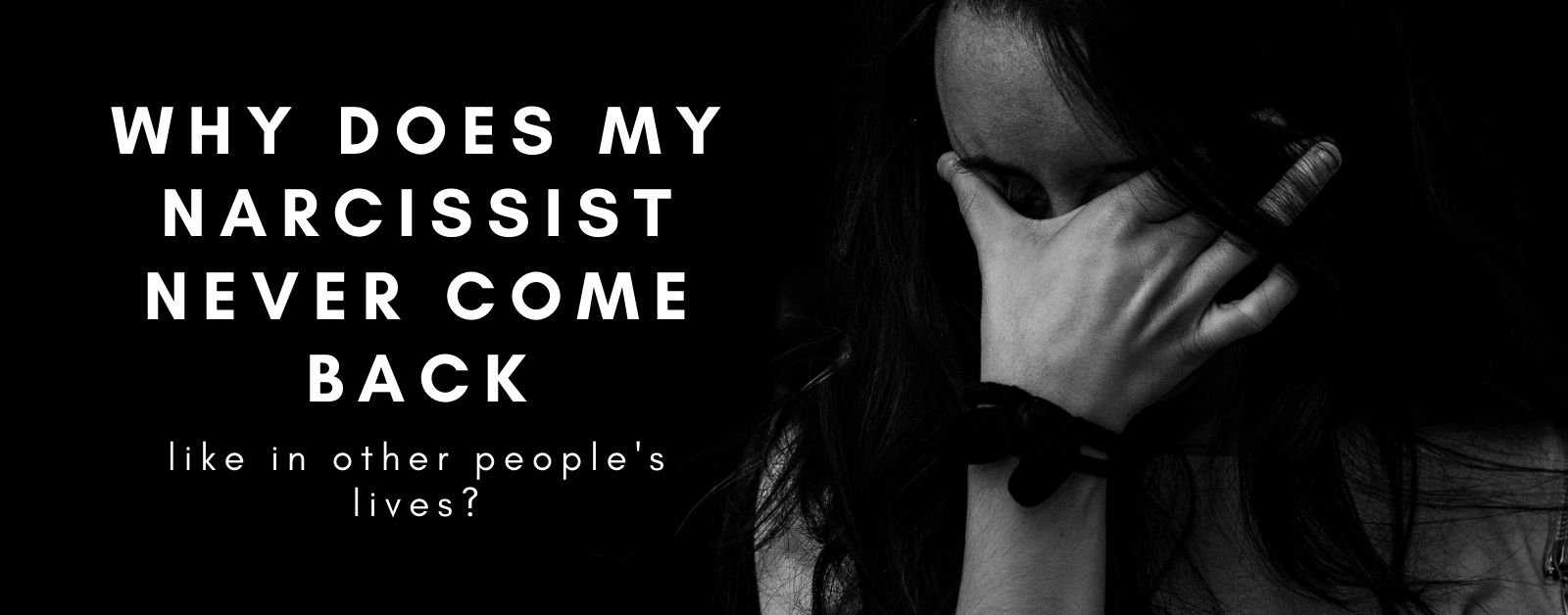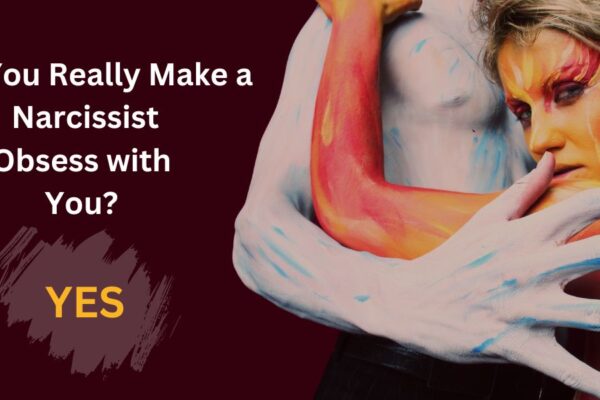
How to Make a Narcissist Obsessed with You?
The idea of making a narcissist obsessed with you might seem tempting – a way to regain control or perhaps even seek revenge. But, it’s super important to know that going down this path could have some serious drawbacks. If you’re seeking to manipulate or take revenge against a narcissist, this article might not be the best guide for you. For those who’ve suffered due to narcissistic behavior, the emotional toll can be immense. While it’s natural to want to regain a sense of power and make them feel the pain they’ve inflicted, seeking revenge usually doesn’t lead to real healing. This article wants to help you understand narcissists and whether is it really possible to make them obsess over you by following the methods given below. Do Narcissists become obsessed with you? Yes, a narcissist can become obsessed with you if they recognize that your ability to consistently meet their insatiable need for narcissistic supply. This supply could encompass admiration, attention, and validation, which are crucial for a narcissist’s self-esteem. Once the narcissist realizes the potential for abundant supply within someone, their addiction to the person can intensify, and they may focus their attention on that individual, seeking to extract as much validation as possible. This fixation continues until the narcissist’s interest wanes, often due to their ever-shifting desires and short attention span. Steps to make a narcissists obsessed with you You can make a narcissist obsessed with you by making yourself appear high-value, playing hot and cold, ignoring them sometimes, and being emotionally unavailable. Using a “hot and cold” method, where you sometimes give them a lot of attention and other times pull away, makes them want your approval even more. The Following tactics can make their obsession with you stronger and makes them keep trying to get your approval, which they find kind of hard to get. 1. Give a Taste of Narcissistic Supply Narcissists are naturally attracted to people they think they can easily control and manipulate. To catch a narcissist’s interest, it can work well to act like you’re really impressed by their charm at first. Let them believe that they’re truly charming you. Make them feel like they’re in charge by letting them make choices for you, like what you wear, eat, or how you talk. Once you give a little bit of narcissistic supply– that’s like attention and admiration – they want more and more. This makes them start getting really fixated on you over time. Their constant need for validation becomes a big reason why they keep trying to get your attention. 2. Make Them Dependent on You Make the narcissist really want to be close to you by making them depend on you. When you’re spending time with the narcissist in your life, do things you’re really good at (or things they really don’t want to do). Don’t make them dependent on you financially or any big leaps. Just keep it on basic level dependency that wouldn’t make you trouble. The narcissist will start enjoying this little dependency and check how far they could pull you off. Hence, they’ll demand more efforts from you and be obsessed with your efforts. 3. Keep Your Value High To keep a narcissist really interested, always remind them how great you are. Show off your important job, big group of friends, or a special skill that everyone wants. Exhibit yourself that you are admired by many. Keep yourself as a secret and Show them that there is a lot more to learn about you. When they always know how amazing you are, they’ll become really focused on wanting to keep you around. This strong desire comes from their need to be connected with someone they see as extraordinary. It makes them want to stay close to you. 4. Spend Quality time with Friends and Family Let them see that you’ve got your own life going on and it is awesome, so they’ll want to be a part of it. If they realize you’re spending time and effort on other relationships, they might start feeling jealous or wanting to look out for you. Make sure you hang out with other people or do things you love, and tell them about it. This way, they’ll understand that you’re not only focused on the relationship, and it will make you seem like an interesting challenge to them. This way of doing things doesn’t just show that you’re not only thinking about the relationship, but it also makes you seem really interesting and like a challenge to control. It’s like you’re a person with lots of different sides that keep them wanting to pay attention to you all the time. And the narcissist will react if you can’t be controlled in a way that they get jealous and get more addicted over you. 5. Withdraw emotionally before the Abuse To make a narcissist really obsessed with you, start pulling back emotionally before any possible mistreatment starts. When you distance yourself emotionally as soon as you notice them trying to control or treat you badly, you’re setting a limit that challenges their sense of control. This doesn’t just mess up their expected power balance, but also makes them want to get back the attention and control they think they should have. Making a Narcissist fear you is pretty easy. By showing that you’re emotionally strong before any bad treatment happens, you’re basically making them really want to get back that connection they’re scared of losing. This makes their obsession with you even stronger. 6. Tend to be more attractive Show yourself as extra appealing when you’re around people, especially of the opposite gender triggers their need to compete and brings out their hidden insecurities. When they see that others are giving you attention, especially people they might consider as rivals, they’ll want to show they’re in charge of you even more. This smart move can make them super focused on getting your approval, trying to show they’re valuable…


